Journalism training in the digital transformation process not only requires the role of training institutions, but also requires close coordination between the parties: State - governing body - press agency - training institutions.
This combination, along with strategic commitments and a full legal basis, will solve the problem of "comprehensive digital transformation human resources" in the field of journalism, contributing to the implementation of the Digital Transformation Strategy for Journalism by 2025, with a vision to 2030.
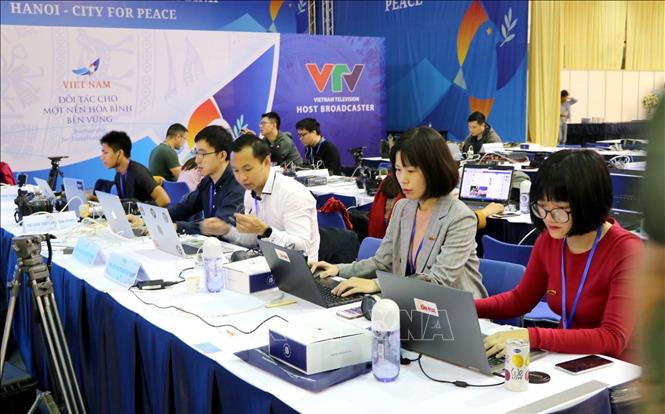
Preparing the conditions for the future generation of journalists
From the perspective of the press agency, Colonel, Master Nguyen Hong Hai, Deputy Editor-in-Chief of the People's Army Newspaper, said that there are currently three major challenges in digital transformation training. These are: Many journalists have not been trained and fostered in technology and digital transformation journalism skills. Newsrooms have not invested in standard, synchronous technology, so journalists have not had the opportunity to practice. Many journalists are still familiar with the traditional journalism mindset, have great inertia, and are afraid of change.
To support students and journalists in comprehensive digital transformation, the State, competent agencies, and training institutions must work together to train, foster, and open up regular, formal learning opportunities for journalists. The limitation in the current journalism training program is still academic training, focusing on theory, so learners will lack practical knowledge and spend more time integrating skills after graduation. That said, it does not mean to underestimate theoretical training, because if the curriculum only trains skills, learners will lack basic knowledge, social knowledge, and especially methodologies, analytical methods, and problem solving, leading to writing empty articles without depth and unique perspectives. Training journalism according to the model of "bringing the newsroom to the classroom", linking training with journalism practice is the right direction. If there is a closer connection of responsibilities between the State - governing agencies - press agencies - training institutions, with strategic commitments and full legal basis, the problem of "comprehensive digital transformation human resources" for the press will be easily solved, bringing great prospects for the Vietnamese press.
Expressing the view that it is necessary to develop and promulgate a training program suitable for the digital transformation of journalism, Deputy Editor-in-Chief of the People's Army Newspaper Nguyen Hong Hai said that it is necessary to have the participation and coordination of the Central Propaganda Department, the Ministries of Education and Training, Information and Communications, the Vietnam Journalists Association, press agencies, and publishers to develop a training and fostering program framework for journalism and publishing training institutions nationwide.
Only a standard curriculum framework that meets political mission requirements, requires practice, and is in line with modern trends can produce good human resources that are up to the task. Experts, journalists, managers at press and publishing management agencies, press agencies, publishers, etc. need to participate in teaching at schools and academies. Improving the quality of journalism human resource training is not only the task of universities and educational institutions, but also requires the participation and support of the press industry, the community, and the government, in order to create a multi-dimensional, practical training environment that is close to the requirements of the labor market as well as society.
Training journalism human resources in the digital age is not only about imparting professional skills but also about forming critical thinking, solid professional ethics and a broader vision of the role of journalism in shaping society. To prepare the future generation of journalists, it is necessary to not only equip them with professional skills, but also to nurture their love for the profession, responsibility to society, and the ability to adapt to the constantly changing media environment. Through investment and innovation in education, the journalism industry will continue to develop strongly, contributing to the progress of society - said Colonel, Master Nguyen Hong Hai.
Linking parties in digital journalism training
Providing solutions for training in the direction of digital and multi-platform journalism, Associate Professor, Dr. Tran Thanh Giang, Deputy Director, Vice Chairman of the School Council, Academy of Journalism and Communication said: In recent years, social networks have tended to be exploited in journalism and communication training activities. This platform is considered a tool for students to learn and equip themselves with the skills of social media editors. Students' "multi-platform" thinking is cultivated through practical exercises and making real products in school. Accordingly, journalism and communication students have the opportunity to practice text visualization skills, data visualization, and know how to use graphic tools to produce and distribute appropriate content to social networking platforms in particular, or digital platforms in general.
An important requirement of the media and journalism field today is to deeply understand the behavior of readers. This is a new point that needs to be included in the training content so that students can apply the analysis of news consumer behavior on different platforms, including newspapers and social networks... Subjects can also exploit social networks as a content distribution channel to practice students' creative ability. In addition to developing skills to keep up with multimedia trends, training institutions also need to focus on "specialization" for learners. Knowledge is oriented towards depth and specialization in each specific field, such as specialized journalism on society, specialized journalism on economics, specialized journalism on sports, specialized journalism on the environment, mobile journalism, multi-platform journalism...
Providing solutions to improve the effectiveness of digital journalism training, Associate Professor, Dr. Do Thi Thu Hang, Head of the Professional Department, Vietnam Journalists Association, suggested that first of all, it is necessary to clearly identify the vital requirements in improving capacity and innovating the digital journalism training model for both journalism training and fostering institutions, press agencies, organizations and media enterprises; promote innovation and continuously update training programs according to the development trend of digital journalism. Accordingly, it is necessary to restructure the training model, rebuild the educational philosophy, clearly identify the input, output and all elements of the digital journalism training process.
In addition, it is necessary to strengthen cooperation and linkage between journalism training institutions, businesses, associations, research institutes and press agencies with media organizations to build practical training programs; strengthen linkage between 4 parties in digital journalism training (teachers, journalists, researchers, developers and application, technology inventors); invest in facilities and equipment for training...
The next solution that needs attention is to create conditions for students to practice and hone their digital journalism skills, promote the spirit of innovation and lifelong learning for students. It is necessary to continue with higher quality the connection between schools and employers; build policies for training and fostering lecturers, attract and retain highly qualified lecturers...
The Vietnam Journalists Association is always ready to cooperate with journalism training units to contribute to building a model of training, retraining, and fostering digital journalism skills for learners at all levels, as well as members and journalists nationwide, thereby meeting the requirements of current digital transformation in journalism - Associate Professor, Dr. Do Thi Thu Hang affirmed.
According to VNA
Source: https://doanhnghiepvn.vn/cong-nghe/dao-tao-bao-chi-trong-ky-nguyen-so-bai-cuoi-giai-bai-toan-ve-nhan-luc-chuyen-doi-so-toan-dien-cho-bao-chi/20240621012012861


























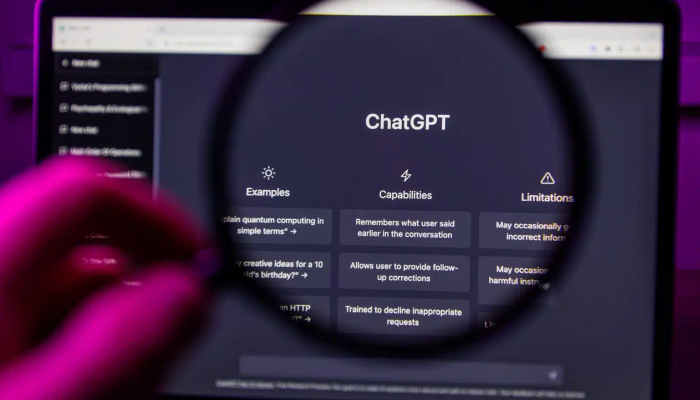
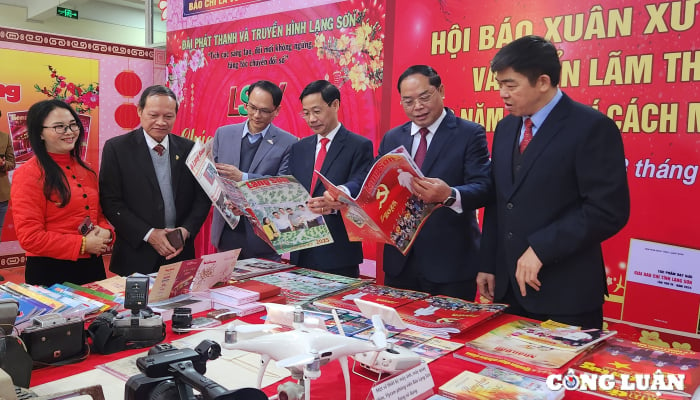
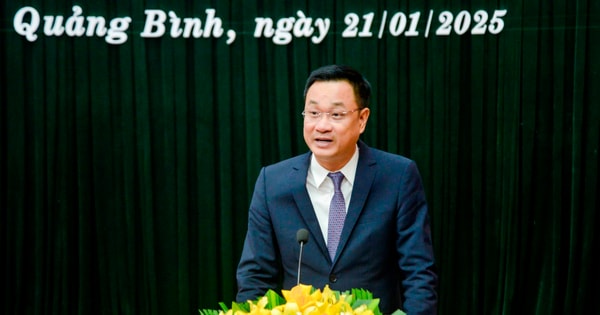
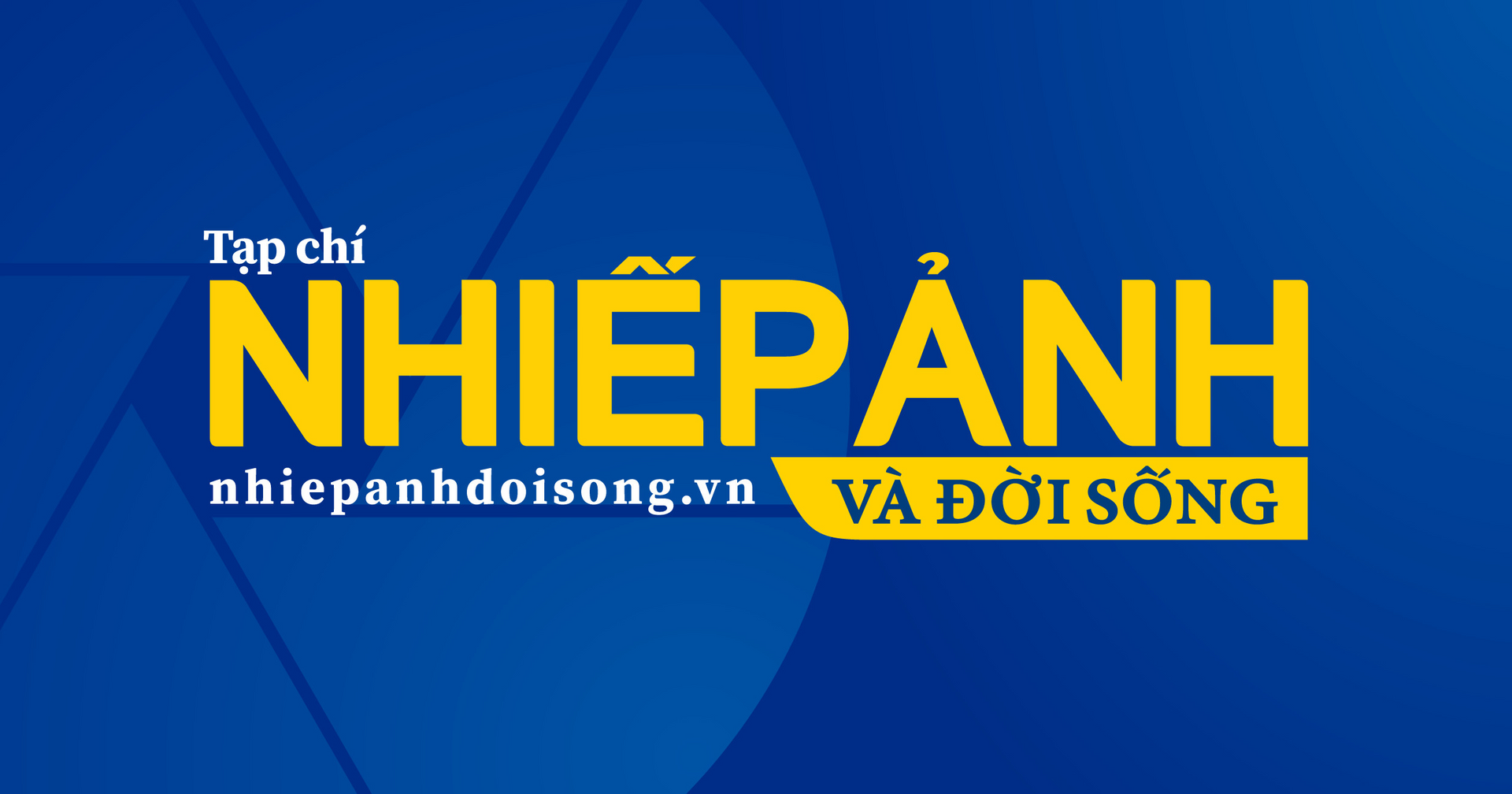




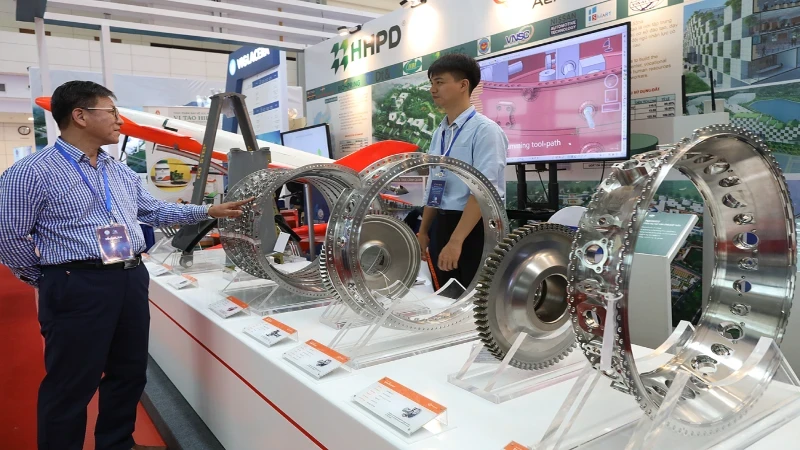

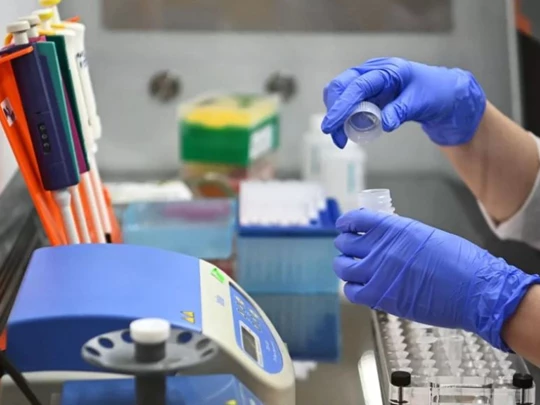
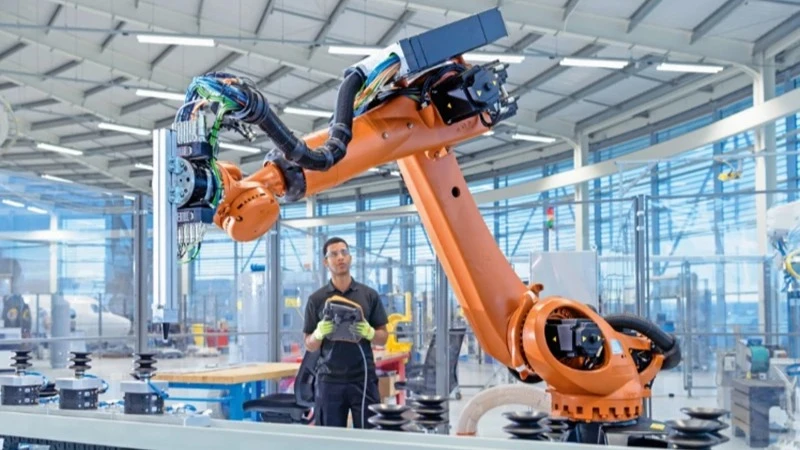
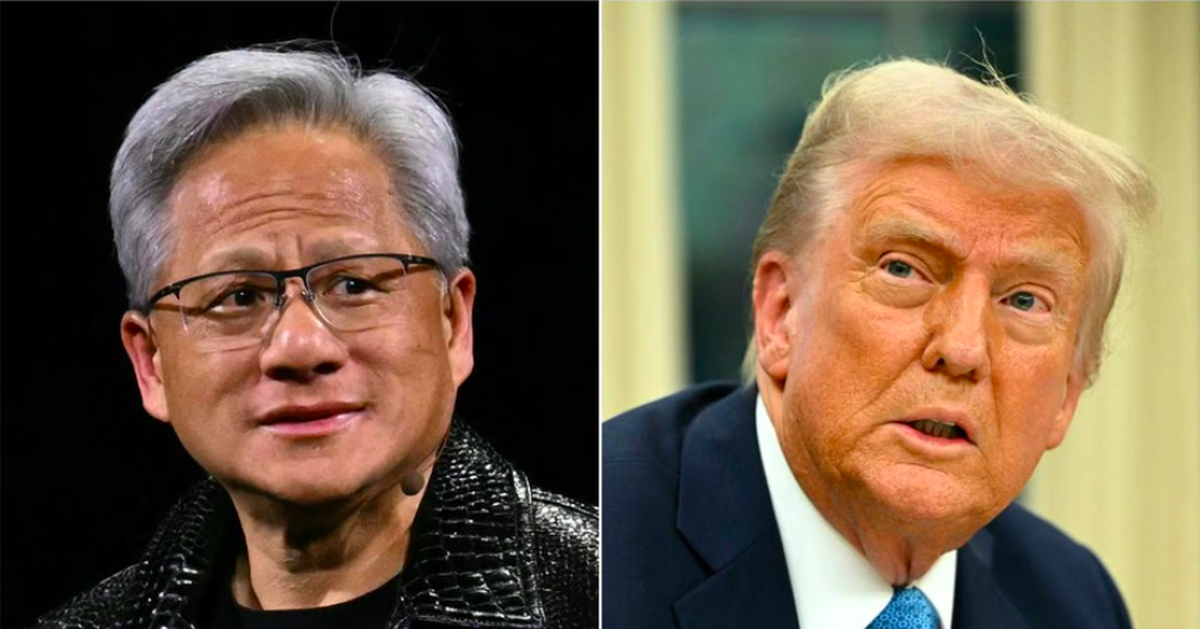









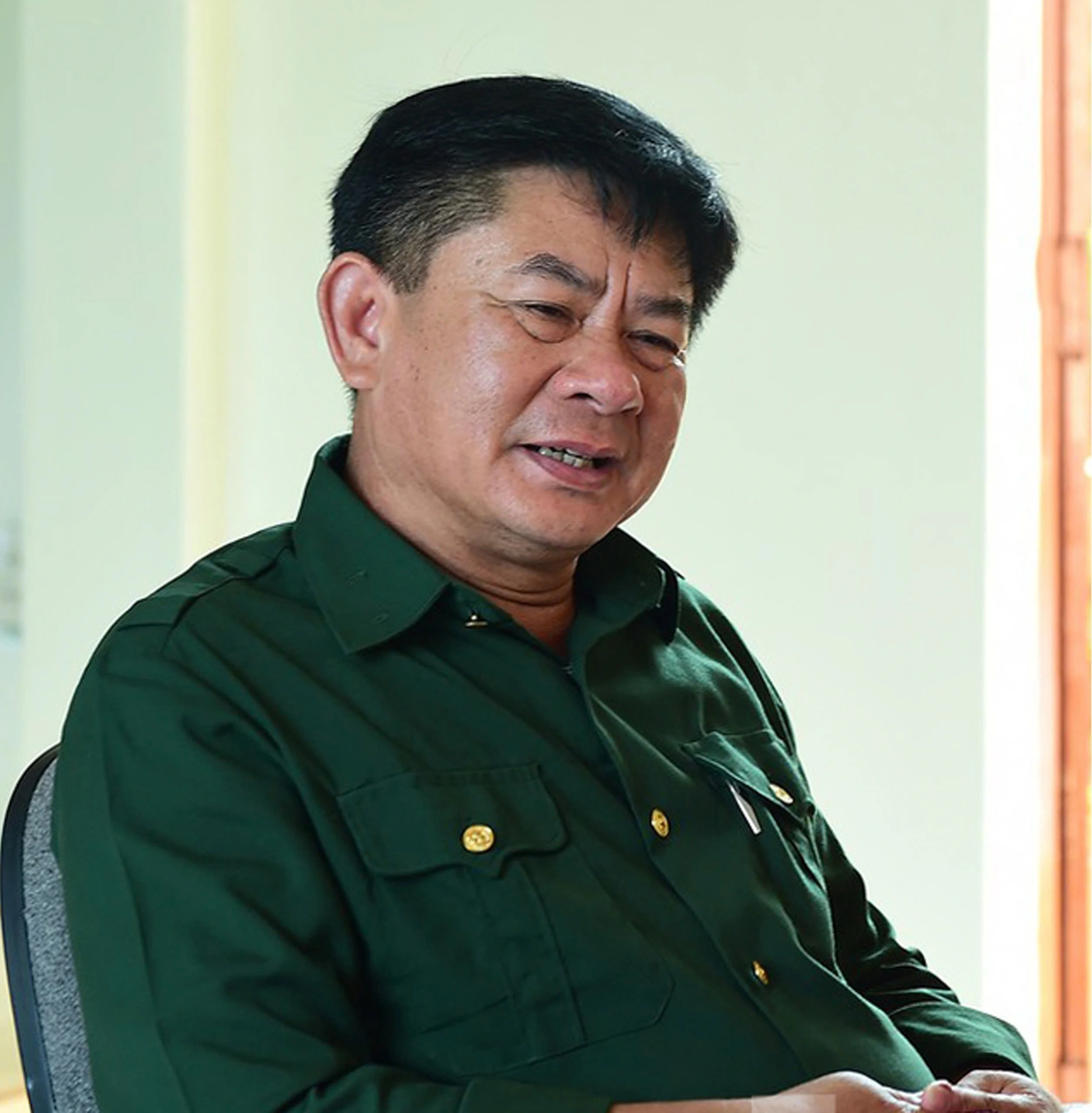




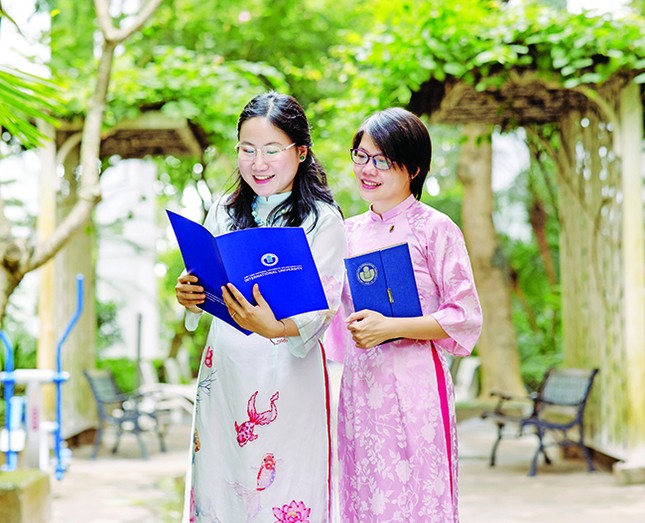




Comment (0)